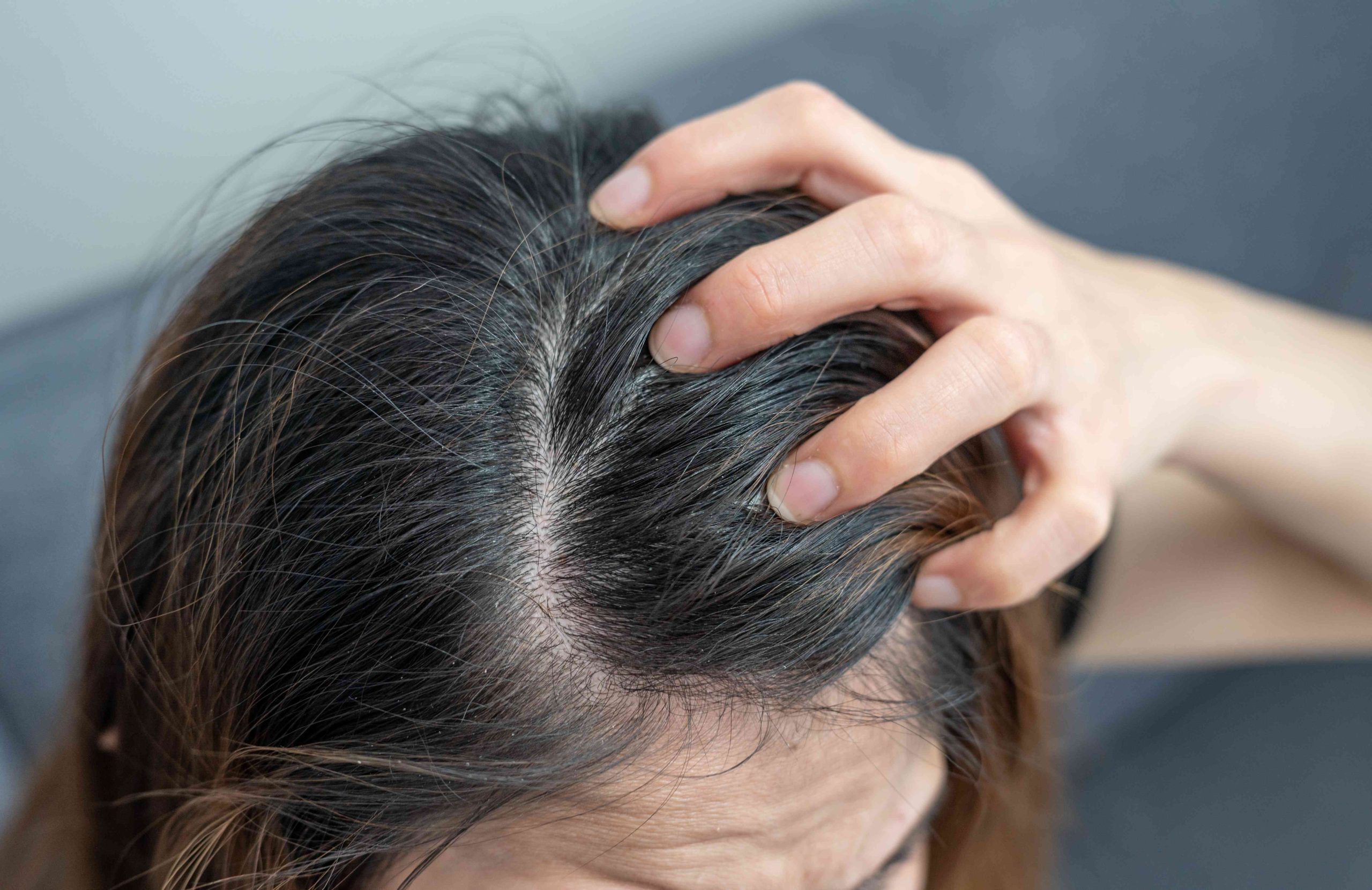

What is itchy scalp?
An itch is a skin irritation that makes you want to scratch. You can develop itchy skin anywhere on your body, including your scalp. The medical term for itchiness is pruritis.
Your head might be itchy for many reasons. Knowing why your scalp is itchy can help you get the right treatment.
What are the symptoms of itchy scalp?
Different causes of itchy scalp have different symptoms, such as:
- flaky skin (dandruff)
- dry skin
- oily skin
- inflamed skin (red, swollen, and warm)
- raised or bumpy skin
What causes itchy scalp?
There are many possible causes of an itchy scalp. Some common conditions include:
- dandruff
- seborrhoeic dermatitis
- psoriasis
- eczema
- tinea capitis
- head lice
Dandruff is when you have flakes of skin on your scalp and in your hair that occur through shedding of your skin. Fungus can cause dandruff. It can also be caused by other skin conditions.
Seborrheic dermatitis causes oily, inflamed skin and can lead to cradle cap in babies.
Psoriasis causes raised red, scaly skin patches called plaques.
Eczema (dermatitis) causes dry, inflamed skin.
Tinea capitis is a fungal infection of the scalp that causes weeping skin and swollen lymph glands.
Head lice are a contagious infestation of small insects in your hair.
When should I see my doctor?
If your scalp is itchy, visit your doctor. They can diagnose the cause and give you treatment options.
How is itchy scalp diagnosed?
Your doctor will ask about your symptoms and perform a physical examination.
If the cause of your itchy scalp is not obvious from your symptoms and physical examination, your doctor may recommend:
- taking a sample of hair
- taking a sample of skin (a skin scraping or perhaps a biopsy)
How is itchy scalp treated?
The treatment for itchy scalp depends on what is causing it.
Treatments include:
- moisturising creams and ointments
- special shampoos, such as anti-dandruff shampoos
- specific treatments, such as:
- head lice treatment (combing with conditioner or chemical treatments)
- antifungal medicine for tinea capitis
- corticosteroid lotions for seborrheic dermatitis
- psoriasis medication
Talk to your doctor or pharmacist about the best treatment for you.
How can itchy scalp be prevented?
Long-term conditions, such as dandruff, seborrheic dermatitis, or psoriasis, may need regular treatment. This will prevent the condition from coming back. Some shampoos can help. Talk to your pharmacist for advice.
Good personal hygiene can also help prevent skin conditions.
Head lice are more difficult to prevent, especially in primary school children. You can stop the spread of head lice by:
- avoid sharing brushes, combs and hats
- keeping long hair tied back
Complications of itchy scalp
If the cause of your itchy scalp stays untreated, complications can occur. These may include:
- hair loss (alopecia)
- fever
- rash or irritation on other areas of the body
- secondary skin infection
An itchy scalp may also disrupt your sleep, routine, and self-esteem.


